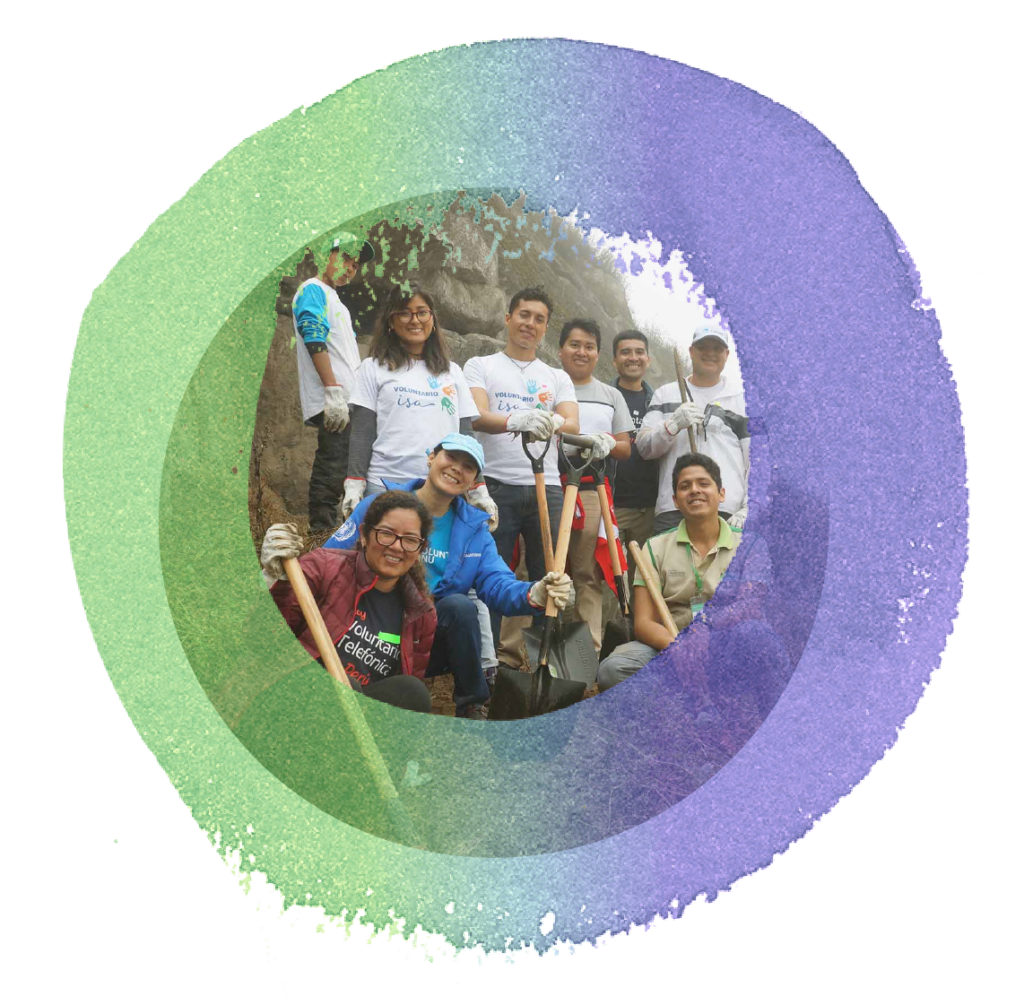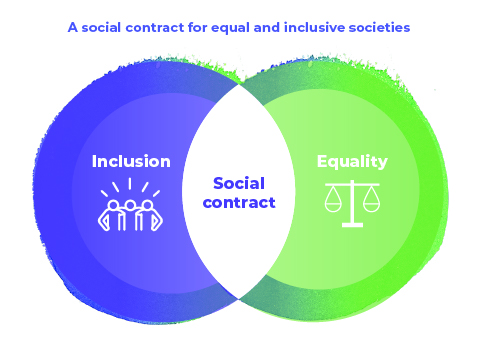Chapter 7
CHAPTER 7
Conclusion and recommendations:
Volunteerism - helping build equal and inclusive societies
Introduction
Volunteerism is a fundamental part of building and strengthening people–state relationships. In turn, these relations lead to better governance that promotes sustainable development and peace, helping to build equal and inclusive societies.
In various ways, volunteers have been answering the call for collaborative people–state decision-making and action. Volunteers have worked with the state, playing important and diverse roles in deliberative governance, in the co-production of services and in social innovation. Now more than ever, volunteer–state partnerships are critical as households, communities and countries strive to build forward better towards a more equal and inclusive post-pandemic future in which no one is left behind. What is more, in this important Decade of Action, volunteer–state relationships are an important mechanism for expanding volunteers’ roles in achieving the Sustainable Development Goals (SDGs).
Based on the research findings, the proposed policy recommendations, which build on UN frameworks, could enable volunteerism to better harness emerging models that can be a resource and asset for building equal and inclusive societies.

Recommendations







Key Infographics

Conclusion
Volunteerism is fundamental to strengthening people–state relationships. It has also been shown to be a strong contributor to state initiatives aimed at doing development differently and sustainably. In this way, it can promote better governance and support sustainable development and peace, helping build equal and inclusive societies.
Volunteer–state partnerships, meanwhile, can foster new ways of working and enhance collaboration in deliberative governance, co-production and social innovation.
However, although volunteers have more opportunities than ever to engage in activities that are meaningful to them, gaps in volunteering practices and aspirations remain, which can reinforce exclusion among marginalized groups, and further contribute to inequality. These gaps need to be addressed.

